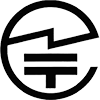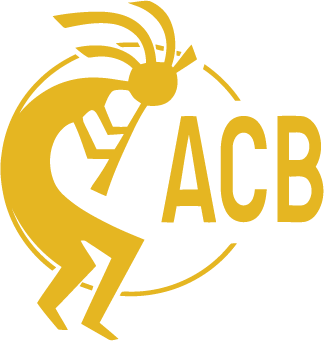Japanese Radio Certification
American Certification Body Inc. (ACB) Receives Recognition for Japan
Device Certification Services to Japanese Radio Law Now Available
ACB has been approved in the first round of Certification Bodies recognized to perform Certification for wireless devices to Japanese Radio Law, increasing market-access for manufacturers on both sides of the Pacific.
Under a bi-lateral agreement, the US and Japan have effected the implementation of a Mutual Recognition Arrangement that allows the acceptance of certification decisions under each respective country’s regulations. This new arrangement – and ACB’s program – now offers more options for device manufacturers.
Prior to the agreement and the recognition of ACB, it was necessary to test and certify products in Japan. This new recognition allows ACB clientele to submit applications and gain approval in the US. “This is a great boon to our clients, especially given the global nature of the high-technology market,” says Dennis Ward, Director of Engineering for ACB. “It rounds out our certification authority to include this important market.”
To obtain an approval, one must generate a report and demonstrate conformance (and submit to a Certification Body). To determine what data must be collected, it is necessary to refer to the ordnances that cover the specified equipment, notably the “Ordinance concerning Technical Regulations Conformity Certification of Specified Radio Equipment (aka Ordinance of the Ministry of Posts and Telecommunications No. 37, 1981).” This document lays out the various types of equipment and what data are to be collected and what instrument is used to collect the data.
This process is the end-result of a public-private partnership and commitment; a commitment that improves the trade and good relationship between the US and Japan, now more important than ever. NIST and the FCC partnered with their counterparts in Japan at the MIC to develop the criteria for mutual acceptance. On the private side in the US, ANSI and ANSI-ASQ National Accreditation Board (ANAB) provided the necessary accreditations. On the private side in Japan, DSP Research led invaluable technical liaison and fostered communications amongst the various partners.

ACB can certify licensed and unlicensed devices, such as 802.11 a/b/g/ac/d devices operating in the 2.4 and 5 GHz spectra. Japan’s MIC requirements largely mimic FCC, Industry Canada and European radio approvals as many devices are harmonized according to ETSI/EN and IEEE specifications for wireless communications. The Japan Radio Law refers to “ITEMs” that dictate the technical requirements for the device compliance. The list of some common items are provided below:
Article 2 Paragraph 1 of Certification Ordinance
Item 19: Low Power Data Communication System in the 2.4GHz band (2400-2483.5 MHz)
Usage: Private Land Mobile Radio Services, Data Communication, Wireless LAN, Bluetooth, ZigBee
Category WW
Article 2 Paragraph 1 of Certification Ordinance
Item 19-2: 2.4 GHz band low-power data communication system (2471-2497 MHz)
Usage: Private Land Mobile Radio Services, Data communication, WLAN, ZigBee
Article 2 Paragraph 1 of Certification Ordinance
Item 19: 5GHz Band Out-Door type Low Power Data Communication System (W56 band)
(This classification has interference protection function as part of the requirements, i.e., DFS and carrier sense)
Article 2 Paragraph 1 of Certification Ordinance
Item 8: Specified low-power radio equipment (data transmission for self-contained medical instruments)
Usage: Private Land Mobile Radio Services, Data communication
(This classification is for medical telemetry use)
Article 2 Paragraph 1 of Certification Ordinance
Item 28-3: Class III radar
Usage: Maritime Services, A Rader for Navigations
Many other classifications of equipment can be found in the “Ordinance Regulating Radio Equipment” and the “Ordinance concerning Technical Regulations Conformity Certification etc. of Specified Radio Equipment” which contains technical requirements for the various equipment (frequency, power limits, antenna gain requirements, occupied bandwidth, emissions designations and other related requirements).
The Association of Radio Industries and Businesses has translated several of the MIC requirements into English. These are “unofficial” translations of the Japan Certification Requirements, however they are often used as a primary guide to testing and certification for Japan MIC. A list of these standards are available here in Japanese and, where available, in English:
Further to the radio equipment approvals under the Japanese Radio Law, there are also requirements for devices that connect to the public network under the Japanese Telecommunications Business Law. These include the so-called “T” Certification, which is necessary for the usual equipment (such as mobile phones and the like) as well as equipment that provides public access to the internet, such as ‘coffee shop’ WiFi hotspots and access points.
Japan Type Approvals
ACB, with operations in North America, China, Taiwan, Hong Kong and the UK, serves the technology market and device manufacturers seeking fast wireless approvals.
ACB can advise on the necessary tests and methods.
Contact your regional ACB representative for more info.
Request a quote


